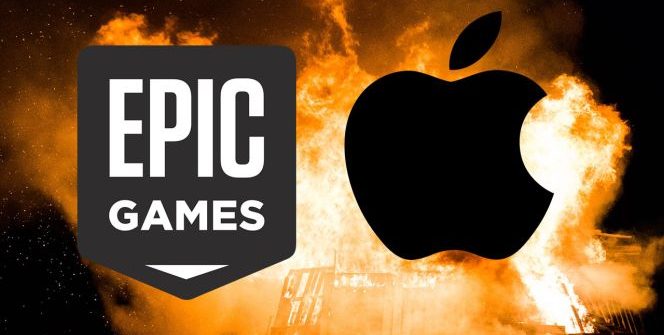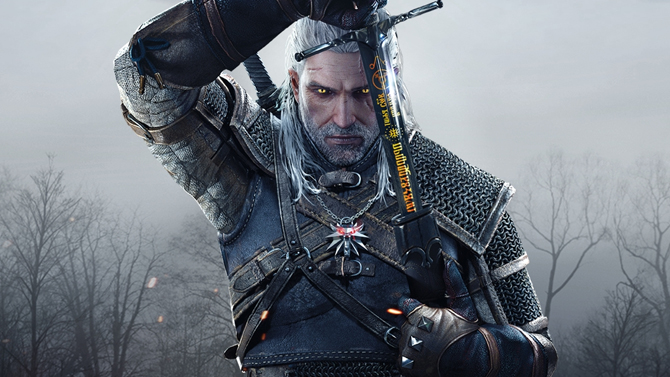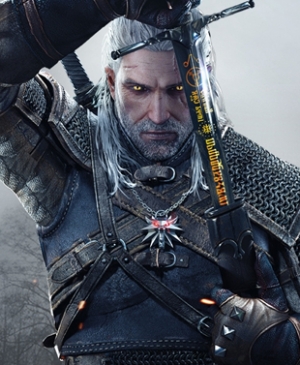In some aspects, Apple has succeeded, but the Tim Sweeney-led Epic Games reached what it wanted in others.
Judge Yvonnes Gonzales-Rogers’ decision claims that “the court cannot ultimately conclude that Apple is a monopolist.” However, she also issued a permanent injunction: Apple could no longer prohibit developers linking to their purchasing mechanisms, which Epic Games were using with Fortnite, dodging Apple’s App Store’s 30% cut on microtransactions. This injunction might be helpful for Epic against Google, whom it took to the Court for the same reason (and they also removed Fortnite from the Google Play Store).
Apple’s closed payments system brings in a lot of money, and the company can be happy, too, because the judge ruled that Epic Games failed to demonstrate Apple was operating an illegal monopoly. “Apple enjoys a considerable market share of over 55% and great high-profit margins. These factors alone do not show antitrust conduct. Success is not illegal,” Rogers said. “Today, the Court has affirmed what we’ve known all along: the App Store is not in violation of antitrust law. Apple faces rigorous competition in every segment in which we do business, and we believe customers and developers choose us because our products and services are the best in the world,” a spokesperson for Apple added.
“Today’s ruling isn’t a win for developers or consumers. Epic is fighting for fair competition among in-app payment methods and app stores for a billion consumers,” Sweeney said on Twitter. Even Spotify seems to be happy with the ruling: “We are pleased with [the decision that] Apple engaged in anti-competitive conduct and has permanently prohibited their anti-steering provisions.”
What next? Both parties might appeal the decision. Apple’s share price fell by 3%, wiping out billions of dollars, but it still calls it a resounding win. And for a good reason, too: Rogers did not force them to bring Fortnite back onto the Apple App Store: “Apple’s termination of the DPLA and the related agreements between Epic Games and Apple was valid, lawful, and enforceable, and […] Apple has the contractual right to terminate its DPLA with any or all of Epic Games’ wholly owned subsidiaries, affiliates, and/or other entities under Epic Games’ control at any time and Apple’s sole discretion,” the ruling says.
















Leave a Reply